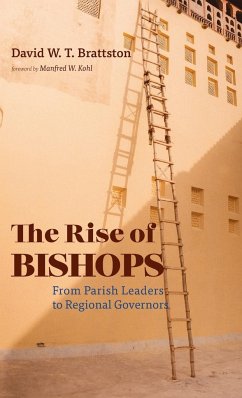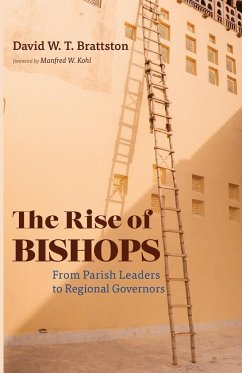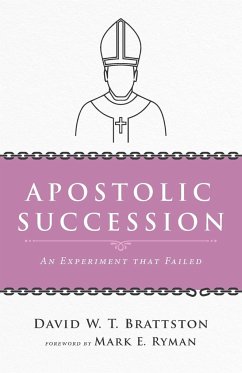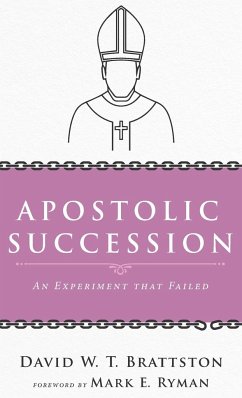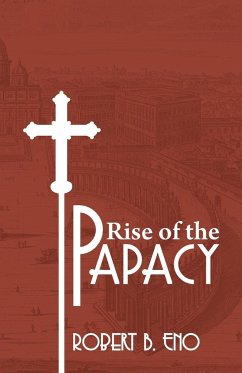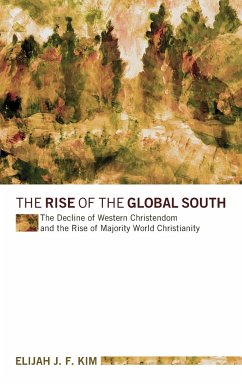The Rise of Bishops reveals how Christian congregations, which were self-governing in the second and third centuries, became subject to the general supervision and direction of diocesan bishops and higher officeholders, thus ending their independence from outside the local parish. The New Testament says nothing about church government after the apostles. Thus, the question becomes ""who replaced the apostles?"" Local church congregations in the period between AD 100 to 300 appear to have been administered by bishops and deacons, and sometimes elders, all as congregational officeholders, with no superstructure above the congregation. Yet, the fourth century sees congregations governed in groups by a collective hierarchy, based on diocesan bishops. This book attributes most of the change to Constantine the Great and his immediate successors, motivated by desire for more efficient functioning and greater control by the emperors once the majority church was co-opted into the Roman state. Although bishops have long been key officials in the church, surprisingly little has been written in our time on how the framework for choosing and regulating them developed in early times. What little is available consists of journal articles rather than standalone publications. The Rise of Bishops helps close this gap.

